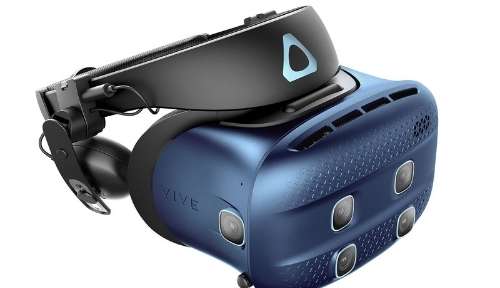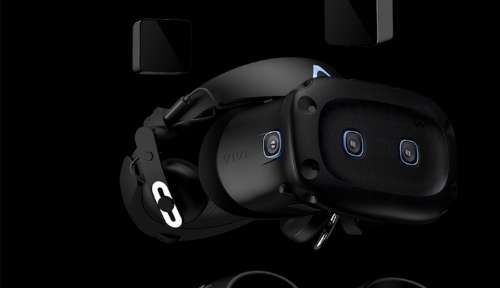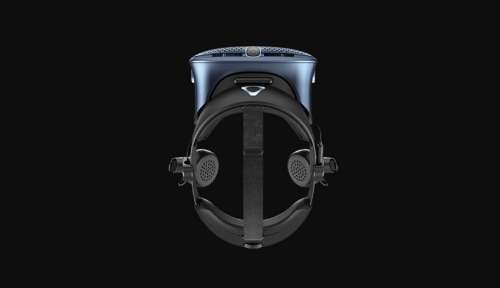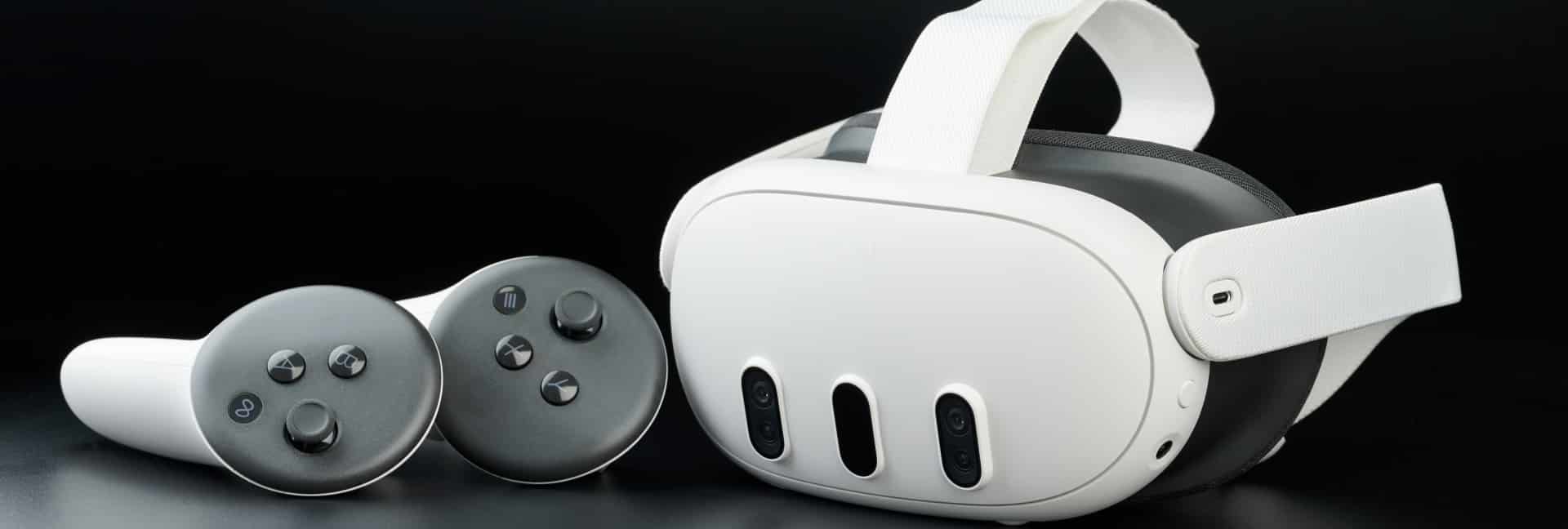Back in January 2022, there was considerable buzz around the acquisition of Activision Blizzard by Microsoft; a deal worth a staggering $68.7bn (£55bn)—the largest takeover in the history of video games. Now, 15 months on, the deal has potentially been quashed in the UK by the Competition and Markets Authority (CMA).
The Activision Blizzard takeover would mean Microsoft will own a vast catalogue, including some of the biggest titles in video game history, including popular mobile apps like Candy Crush Saga, and console favourites like Call of Duty.
Microsoft had wanted to strengthen its position in the video game industry, opening it up to dominate in immersive gaming experiences, VR, XR, and the metaverse. While both Microsoft and Activision Blizzard have said they would appeal, where does that leave the deal?
Here’s what you need to know about Microsoft’s blocked acquisition of Activision Blizzard.
What Was the Deal?
The Activision Blizzard deal was set to cost Microsoft $68.7bn; however, it would create the third largest video game company in the world, behind Sony and Tencent, and the company would become the biggest gaming company based in the United States.
If the deal can be saved, it would see Microsoft taking ownership of a huge selection of games across a broad span of subsidiaries. Some of the most popular games owned by Activision Blizzard include Call of Duty, Crash Bandicoot, World of Warcraft, Guitar Hero, Skylanders, and Overwatch. The company also owns social games specialist King, the developer behind titles like Candy Crush Saga and Bubble Witch Saga.
In addition to the obvious benefits of owning the major game publisher, bringing Activision Blizzard under Microsoft’s wings may have given them the leg-up needed to create more immersive VR experiences and build their metaverse.
Why Was the Deal Blocked?
The UK regulator stopped the deal, stating it would reduce innovation and provide gamers with fewer options within the growing cloud gaming industry. This decision was reached over a year after the deal was originally announced.
An Activision spokesperson has said that “the CMA’s report contradicts the ambitions of the UK to become an attractive country to build technology businesses”, stating that the “UK is clearly closed for business.”
The CMA was the first of three regulators to deliver its verdict on the acquisition. Regulators in the United States and European Union are still set to rule, but this blow from the CMA could sink the whole deal.
It was thought that much of the issue would sit around Call of Duty, Activision’s best-selling franchise, which has sold over 400 million copies. Sony had previously warned that if Microsoft owned Call of Duty, it could damage the gaming industry. As the PlayStation is the market-leading games console, if Microsoft blocked future PS releases or only released inferior versions of the game, it would shift the tide toward the XBOX.
Microsoft had said they would guarantee Call of Duty would remain available for PlayStation owners and extend its release to other platforms for at least ten years. In fact, Microsoft had already signed contracts stating they would make Activision Blizzard titles available on 150 million other devices. Other competitors like Nintendo found this offer acceptable, and it’s likely that, as Meta seeks to attract games like CoD to the Quest, they would too.
The CMA also accepted Microsoft’s proposition and said they didn’t think the acquisition would harm the console market. At this point, many expected the deal to pass UK regulators; however, the last-minute change of mind cited different reasons that Microsoft would have undue power within the growing cloud gaming market.
Is the Competition and Markets Authority’s Decision Unusual?
Yes. Typically, a deal where a company buys its supplier would usually be deemed safe and often passes without issue. These are often considered safer than when a company buys a direct competitor. Although the deal was large, it was expected that it would pass.
In this case, the CMA opted to focus on how the deal might affect cloud gaming, which is actually a smal, but developing,l aspect of the gaming industry relating to games streamed to devices without any specialist hardware. But Microsoft’s promises to allow competition were not good enough and could affect the sector.
Martin Coleman, who led the independent panel investigating the proposed acquisition for the CMA said “Cloud gaming needs a free, competitive market to drive innovation and choice. That is best achieved by allowing the current competitive dynamics in cloud gaming to continue to do their job.”
Both Activision Blizzard and Microsoft believe that the decision is bad for UK businesses. But this news seems in contrast to the UK prime minister’s recently announced “Unicorn Kingdom” mission to attract Silicon Valley tech companies to do business in Britain.
A Brief History of Microsoft and Activision Blizzard
Activision was set up in 1979 as the first third-party developer making games for the Atari 2600 console. Over the years, the company has adapted to the ever-evolving games market, creating some of the best-loved titles in the home computer and console industry.
The company later merged with Vivendi, which brought with it several subsidiaries, including Blizzard. The new company was named Activision Blizzard, and the deal was finalised in 2008. In 2016, Activision Blizzard bought the mobile gaming company, King for $5.9 billion.
In 2021, Activision Blizzard hit the news when a series of lawsuits around sexual harassment and workplace discrimination were filed. The proposed acquisition by Microsoft was announced in January 2022.
Founded in 1975 by Bill Gates and Paul Allen, Microsoft started out as a business creating BASIC interpreters which allowed applications to run on computers. Later, the company developed the MS-DOS and Windows operating systems, growing to become dominant in the PC market.
Over nearly five decades, the company has led in creating operating systems, become a major player in shaping how we interact with the internet, made a lasting impact on the gaming industry with the XBOX range, developed HoloLens technology and VR headsets used in training by the U.S. armed forces, and much more.
Alongside the company’s core products like Windows, Office, Azure, Bing, and XBOX, it also owns LinkedIn, Skype, GitHub, Bethesda, and more.
Can the Deal Be Saved?
Microsoft still wants the deal to go ahead, and the company’s president and vice chairman, Brad Smith, said “this decision appears to reflect a flawed understanding of this market and the way the relevant cloud technology actually works.” Both companies are appealing the decision.
The deal still needs to be approved by the regulators in the United States, where both companies are based, and in Europe.
So far, Microsoft has already signed agreements to work with other major companies working in cloud gaming, like Nvidia; however, plans may need to be reviewed to pass regulator approval in the U.S. and EU and for the decision to be overturned in the UK.







